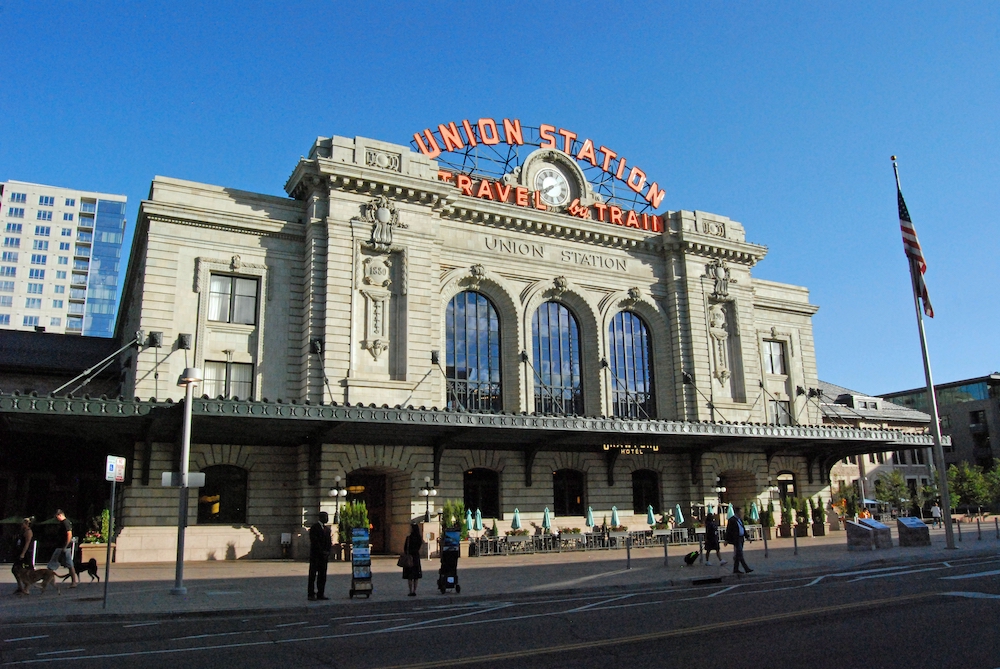
Denver Union Station’s predecessor established the city as the transportation hub of the West and the primary gateway to the Rocky Mountains. Opened on June 1, 1881, where 17th Street dead-ends into Wynkoop Street, Denver Union Depot was 504 feet long and 65 feet wide, the largest structure in the West. Within a decade, 100 […]
Read More…
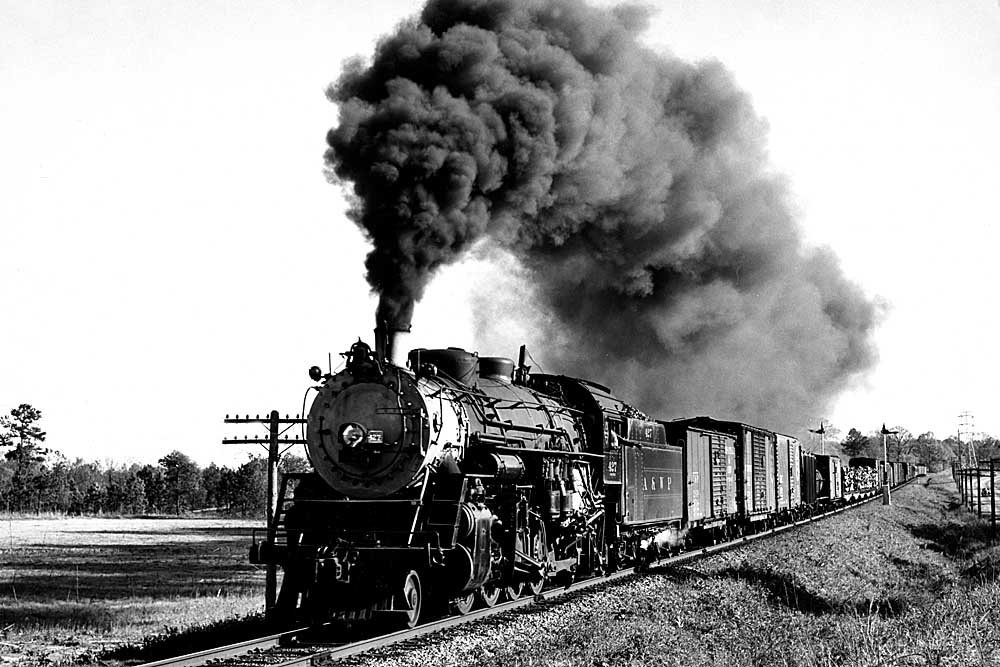
Atlanta & West Point locomotives were carefully curated alongside those of its sister roads. Although much of the West Point roads’ 20th-century steam locomotive fleet looked like the “Georgian Locomotive” memorialized by H. Stafford Bryant Jr. in his book of the same name — a handsome, elegant group — perhaps the most interesting […]
Read More…
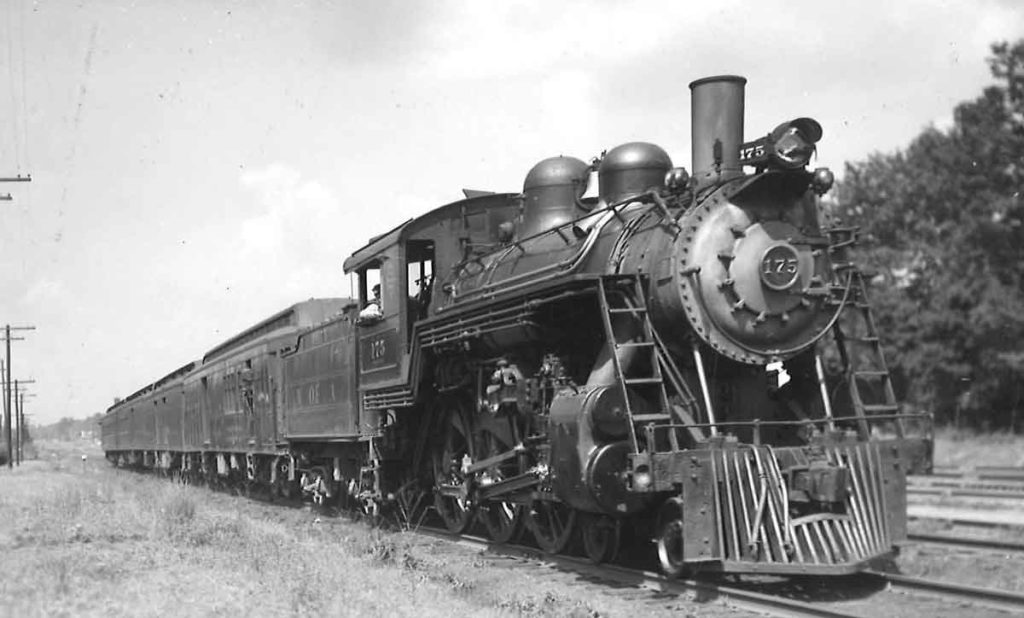
West Point Route passenger trains: All through October 2024, Classic Trains editors are celebrating the history and heritage of the West Point Route: Atlanta & West Point and Western Railway of Alabama. Please enjoy this photo gallery of West Point Route passenger trains, originally published online in 2017. […]
Read More…
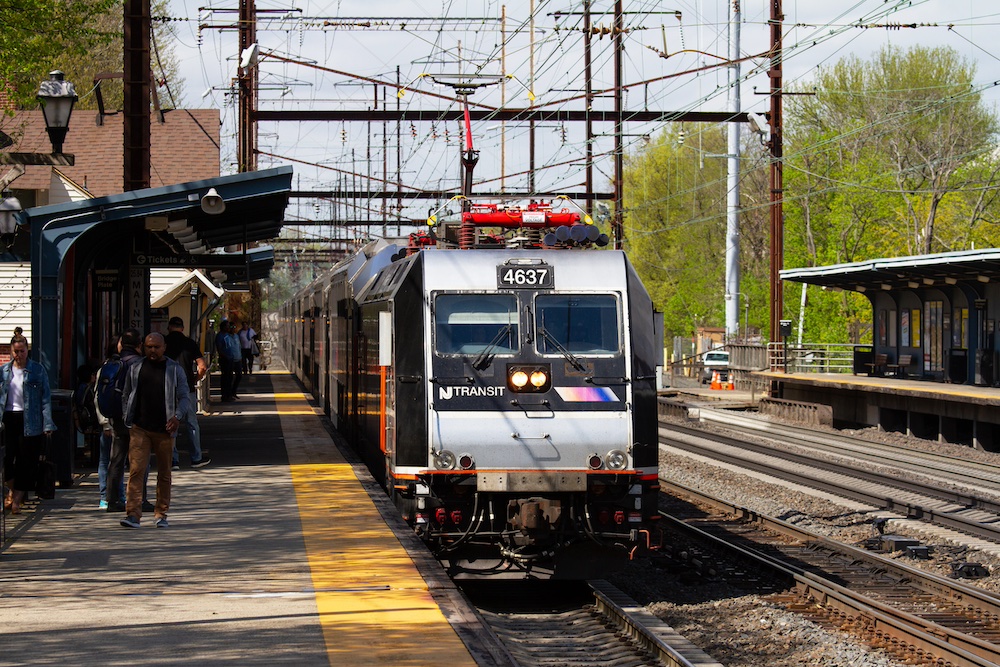
In addition to Amtrak’s long-distance, regional, and high-speed Acela trains, the Northeast Corridor (NEC) hosts multiple commuter entities across different sections. From Boston to Washington D.C., find out where each of these services travel along this highly active main line. These are the commuter rail systems along the Northeast Corridor. It’s important to note that […]
Read More…
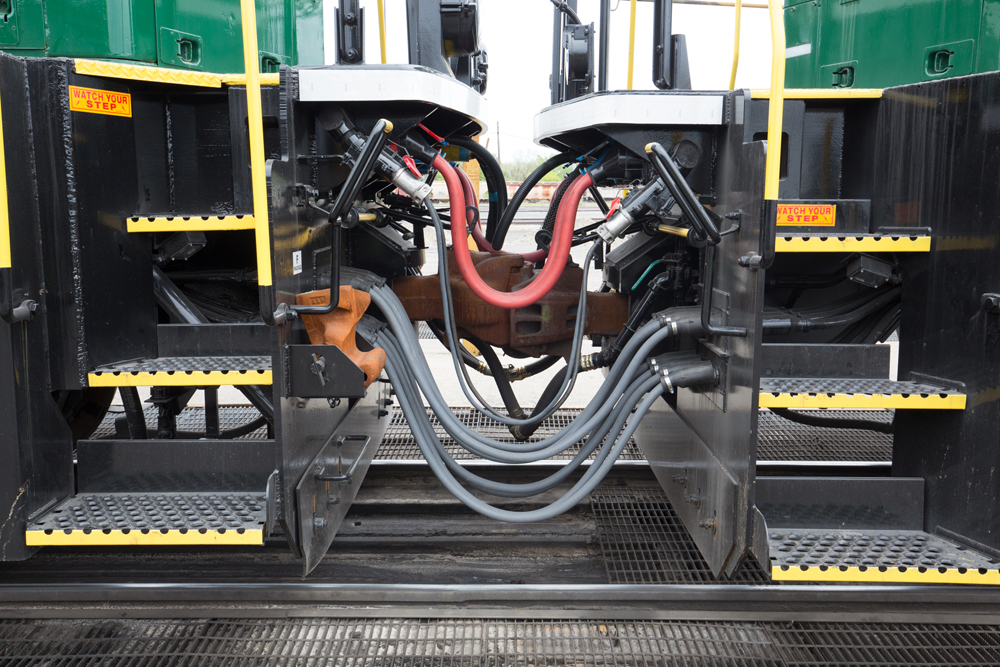
A locomotive has two pilots, one on each end where it interfaces with other units and/or the cars its hauling. The main component is the coupler on each end, along with the adjacently mounted train line air hose. These are the basic connections between all freight cars and other locomotives. Working outward from the coupler […]
Read More…
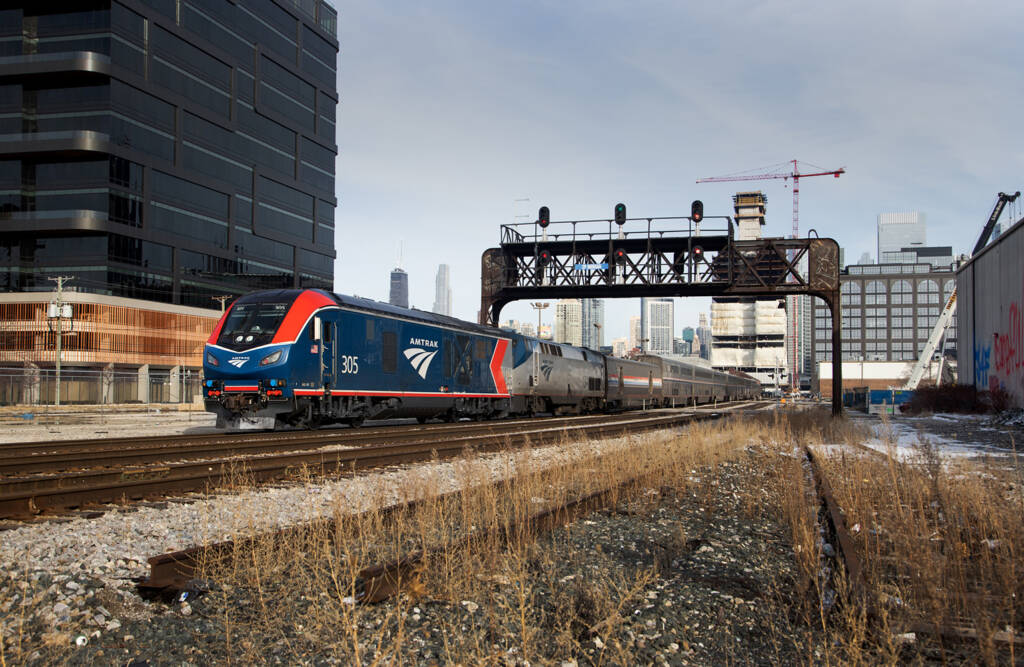
Next-generation rail photographers Thirteen-year-old me got a stern bit of unsolicted trackside advice one day. “Railroading isn’t what it used to be. Everything looks the same and you have no idea what it was like before your time.” Another voice, some time later, said today’s wide cabs will be as glorified as the bygone days […]
Read More…
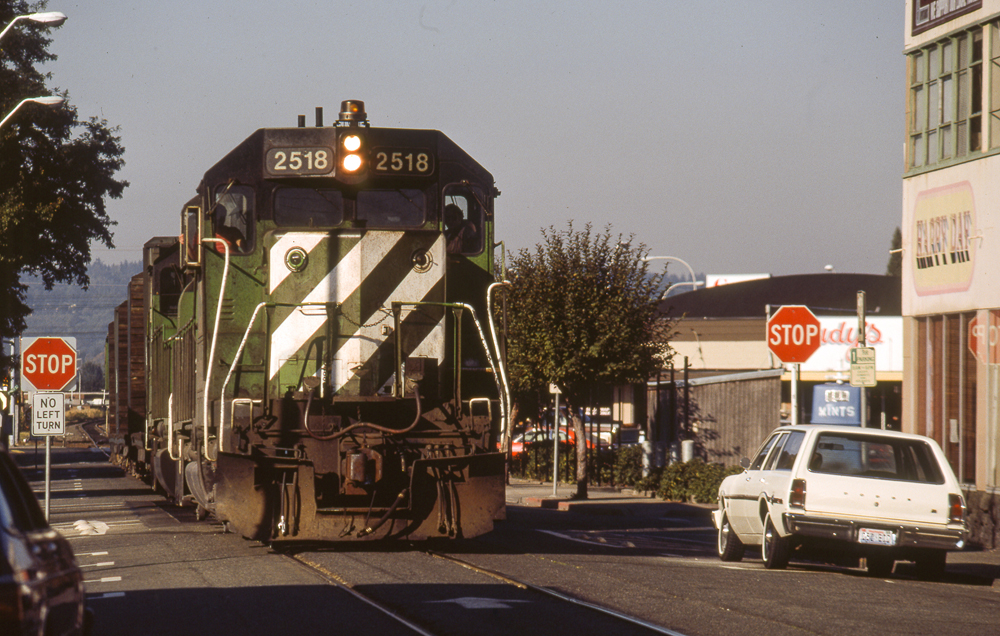
Hot stove On the day after Thanksgiving of 1981, the crew desk called me as the conductor to dog catch the North Bend local. We went on duty at Burlington Northern’s Stacy Street Yard in Seattle, a former Northern Pacific Terminal, located south of downtown and a couple blocks west of today’s Lumen Field (Seahawks) […]
Read More…
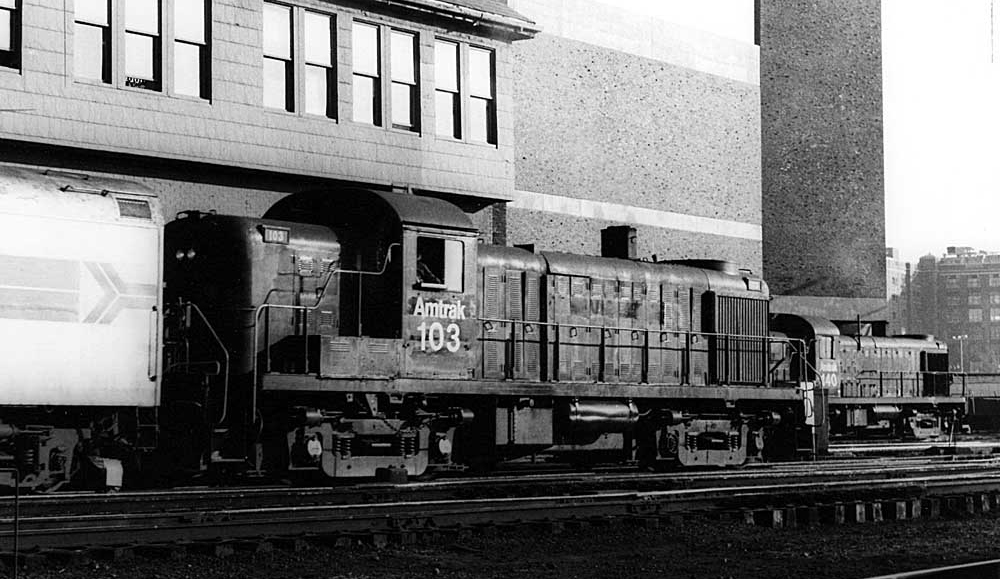
Amtrak RS3 diesel locomotives supported operations on the Amtrak-owned Northeast Corridor between Boston and Washington, D.C. The RS3 was Alco’s best-selling road switcher model with 1,265 units sold to more than 50 railroads between 1948 and 1962. Marketed as a multi-purpose unit, some roads, including but not limited to Pennsylvania, Rock Island, and Western […]
Read More…
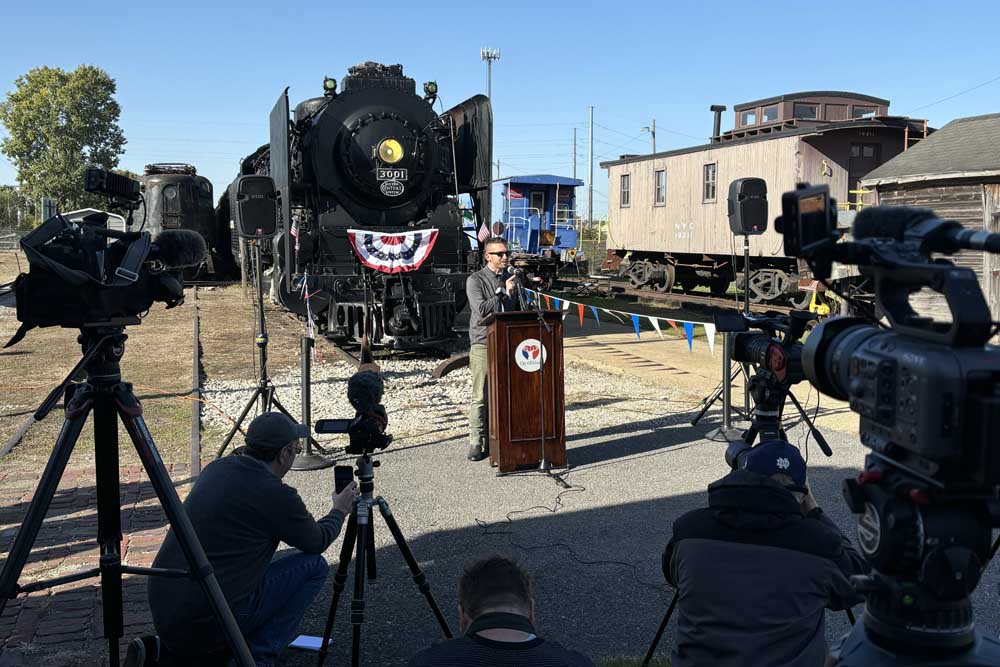
The steam community is in a happy state of shock this week with the news that New York Central 3001, one of the NYC’s famed 4-8-2 Mohawk engines, might be restored to operating condition by the Fort Wayne Railroad Historical Society, operators of famed Nickel Plate Road 2-8-4 No. 765. The announcement came Oct. 9 […]
Read More…
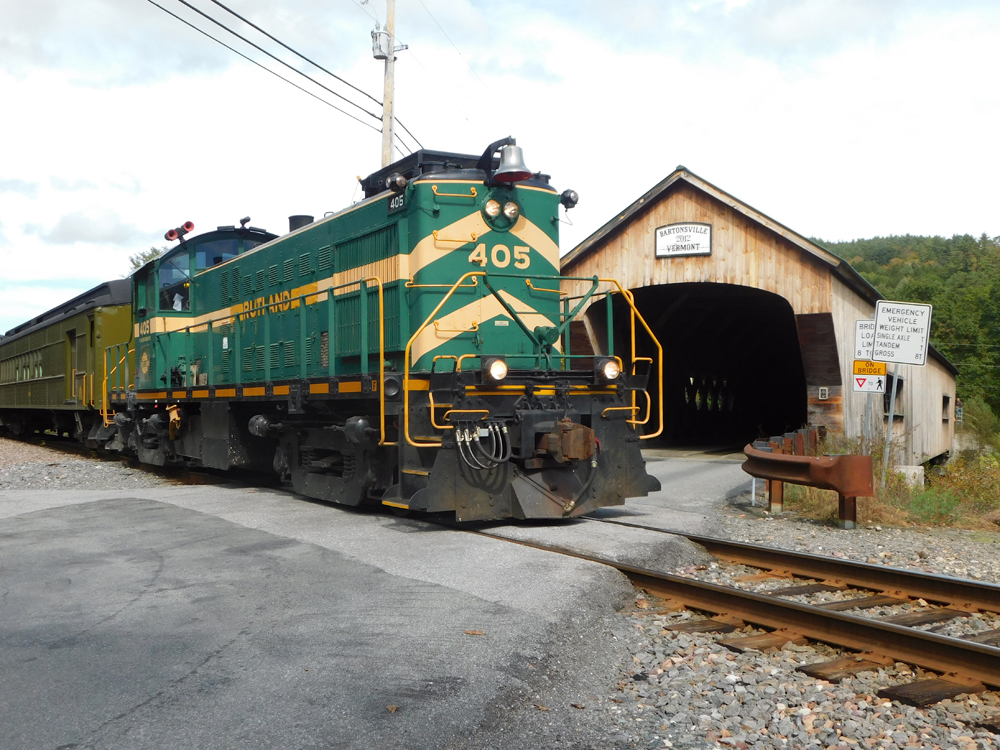
Vermont railfan event About 80 “train catchers” boarded coaches behind Rutland No. 405 that Saturday. Some carried cameras, some notebooks, some with a buddy, some came alone. What did all of us have in common? Trains. I call us “train catchers” because like dream catchers, we anticipate a safe journey provided by our engine. We […]
Read More…
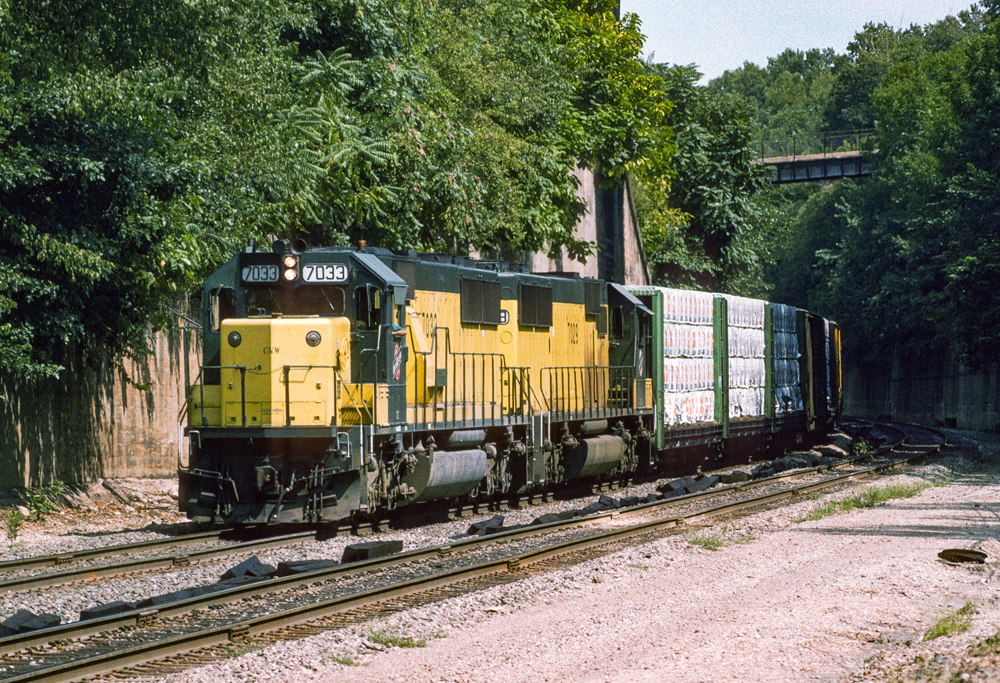
The model railroad industry has featured fantasy-painted locomotives for years. These are locomotive models painted for railroads that never actually owned them. Think Canadian National GP60Ms, Burlington Northern ES44ACs or Monon SD70ACes — designs the railroad either never purchased (Canadiana National), or for which the railroad wasn’t in existence at the time the locomotives were […]
Read More…
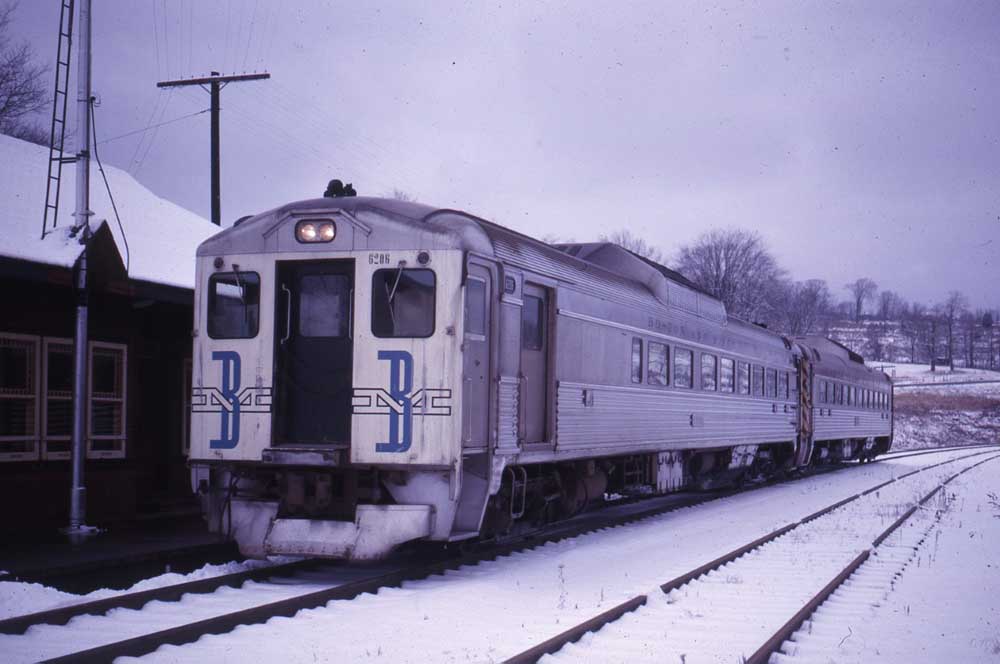
To win over the railroads with its new Rail Diesel Car (RDC), the Budd Co. wasn’t content with a single model type. In a time of declining passenger traffic during the post war years, the car manufacturer banked on multiple to meet the needs of either passenger, baggage-express or mail, as well as for all […]
Read More…












